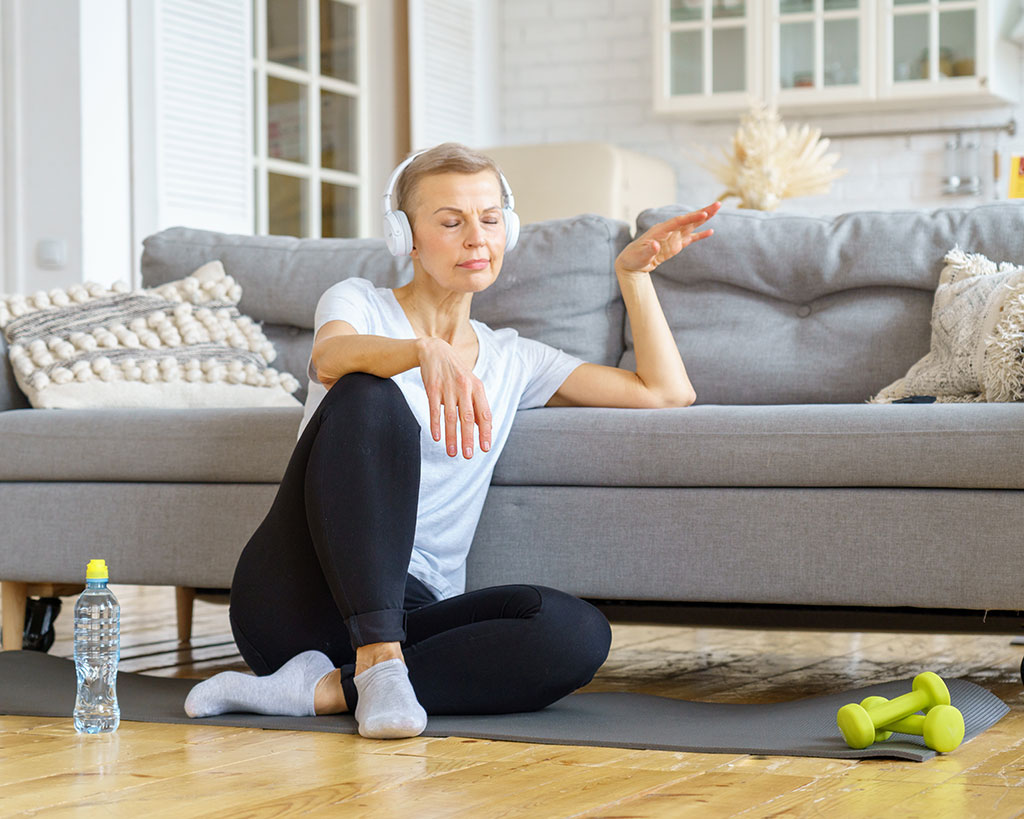You’ve spent your life caring for your children and grandchildren, but how much time do you devote to self-care? When it comes to prioritizing self-care, many older adults struggle. Here are some self-care tips that you can simply implement into your life without breaking the wallet.
Exercise
Make time to exercise on a regular basis. When you’re pressed for time or don’t feel well, exercise is frequently the first item to go. A steady workout practice, on the other hand, can make you feel more energized and capable. It also lowers your risk of falling and the development of chronic illnesses such as arthritis, osteoporosis, and even dementia. If you aren’t in the habit of exercising on a regular basis, begin by arranging a brief stroll around your neighborhood every morning or evening. Begin combining various types of aerobic exercise and weight training over time to develop muscle and improve bones.
Healthy Diet
While there is room for the occasional unhealthy indulgence in a balanced, healthy lifestyle, keep in mind that one of the finest things you can do for yourself is to fuel yourself with good food. Microwave dinners, packaged snacks, and takeout are good on occasion, but they should not constitute the majority of your diet. Prioritize actual, whole meals instead, including healthy fats, high-quality meats, fruit, and vegetables. If you’re not comfortable cooking new, nutritious foods for yourself, there are plenty of basic recipes available online. If you have a caregiver who prepares meals for you, talk to them about changing up your diet to make it more balanced.
Sufficient Sleep
Rest and healing are critical for older adults, and you should aim for seven to nine hours of sleep every night. However, many older adults have trouble sleeping. They might be a side effect of a specific medication or combination of drugs, or they could be the result of general aches and pains. Getting enough sleep is critical for avoiding depression. It also helps with balance and intellect.
Natural Remedies
If you use a number of prescription medications, it’s critical to explore for natural alternatives to relieve minor aches and pains. Not only does this assist you to avoid combining medicines that should not be taken, but it’s also wonderful not to have to think about taking yet another tablet. Instead of using ibuprofen to treat a tight neck or tense shoulders, consider massaging stiff muscles with a special neck-massaging pillow.
Hobbies
What are your hobbies? Swimming? Painting? Reading? Whatever your favorite activities are, make sure you’re devoting time to them at least once a week, if not every day. This is easier said than done for some folks. You may need to notify your family that you will be unavailable at specific times during the week. Setting this limit might be challenging, especially if your children or grandkids are accustomed to you being available at all times. However, if you’re solid in your choice and explain why you’re setting out time for yourself, they’ll soon adjust.







